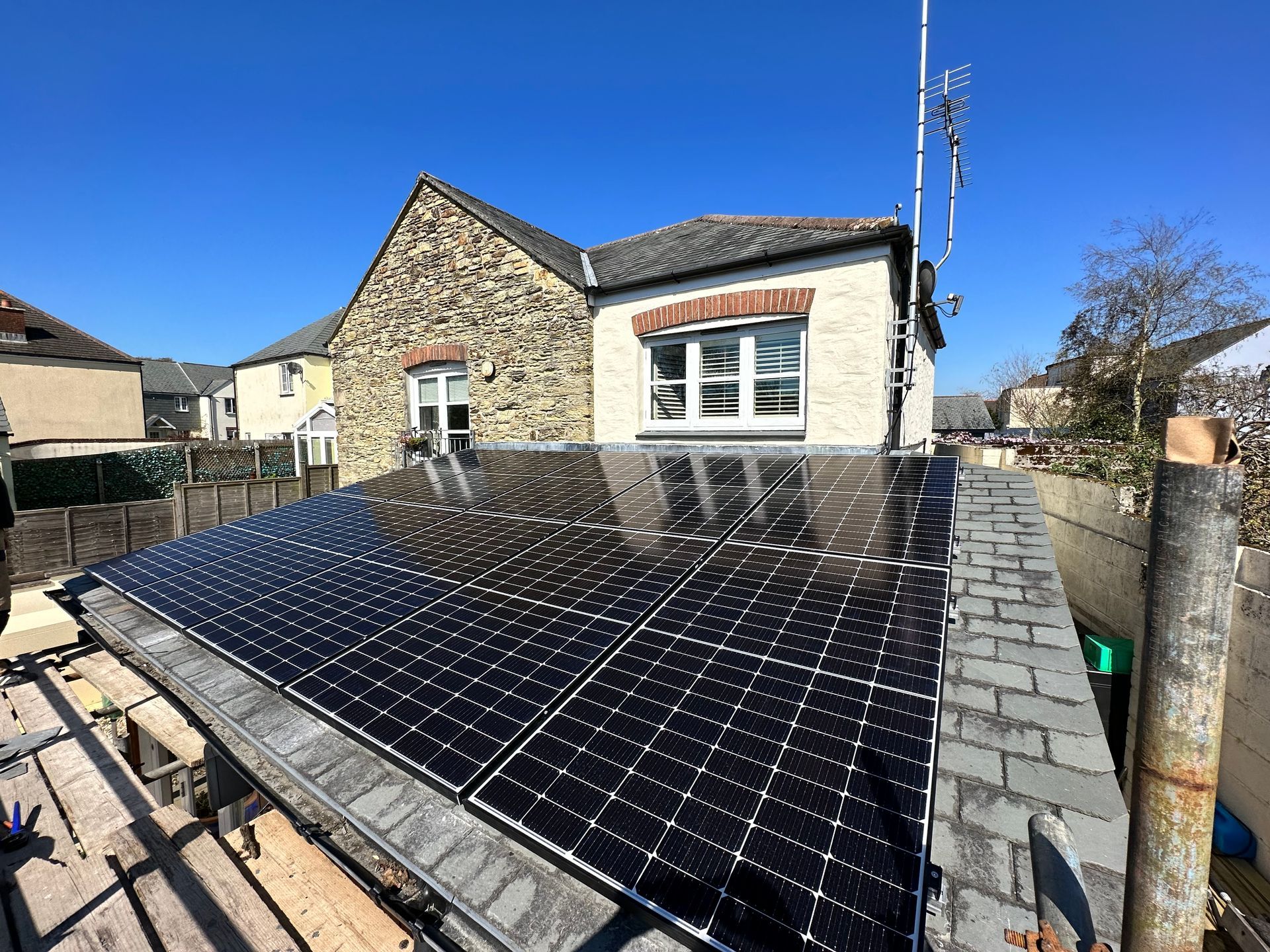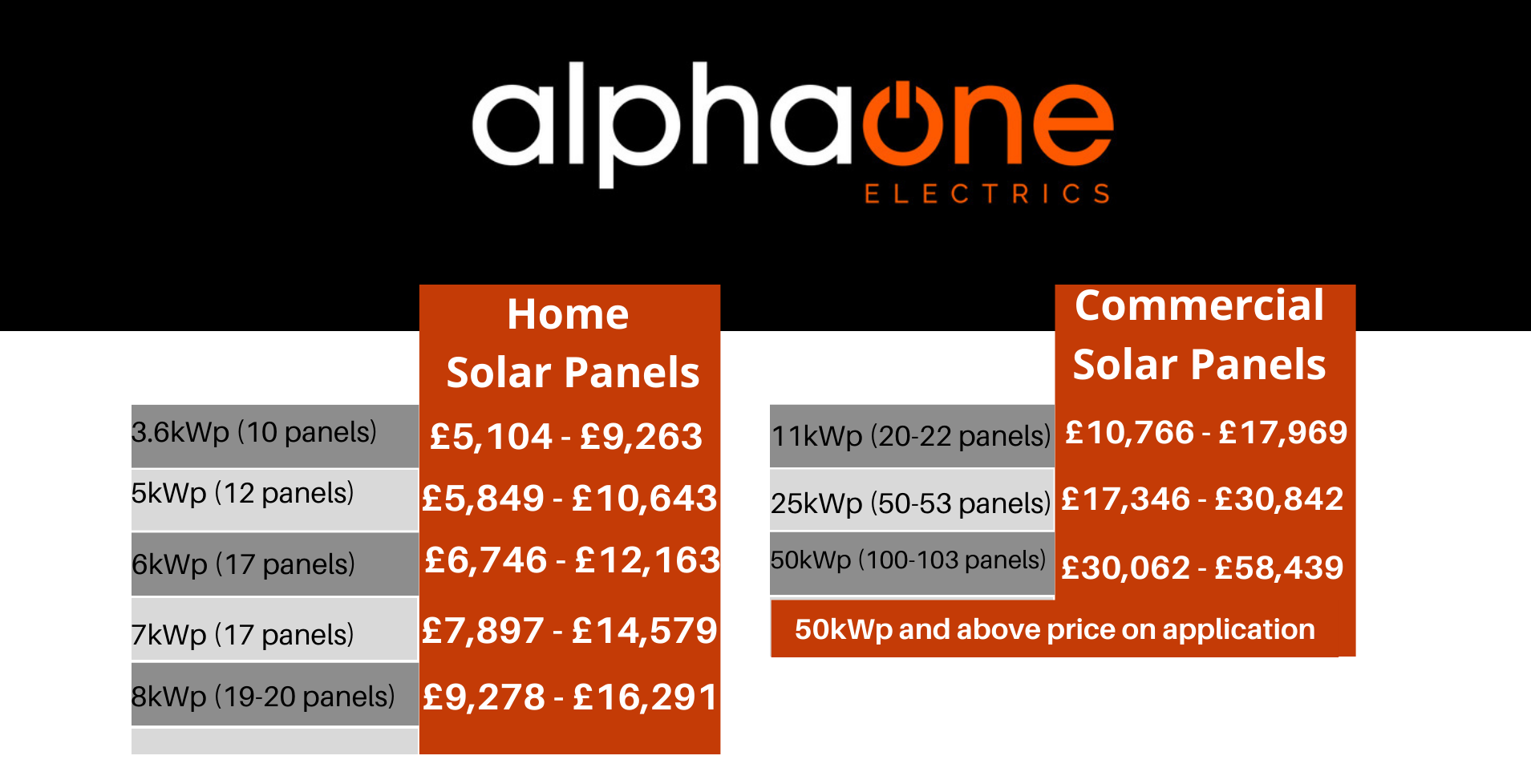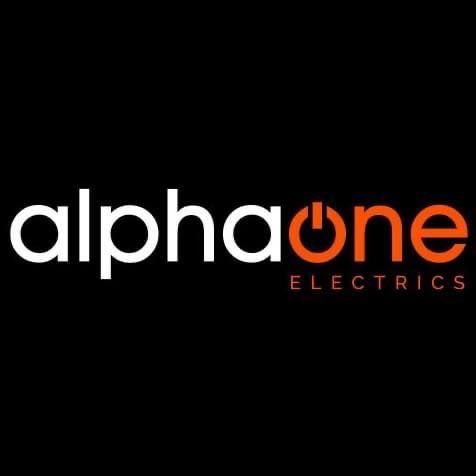Solar Panels
Time to get electricity freedom.

Invest in solar panels to protect your bills from energy price increases.
Solar panels offer a sustainable and cost-effective way to generate electricity, with environmental, economic, and social benefits for individuals, businesses, and the planet as a whole.
Solar panels harness energy from the sun, which is an abundant and renewable resource. This helps reduce dependence on finite fossil fuels and contributes to a sustainable energy future. By generating your own electricity, you can significantly reduce or even eliminate your reliance on grid power, leading to lower electricity bills over time.
How it works
Panels
Your solar panels will collect daylight and turn it in to usable power in the form of DC electricity. The panels on your roof will generate electricity even on cloudy days.
Inverter
An inverter then turns that DC electricity in to AC power to use in your home. Inverters typically get placed in your garage or utility room near your fuse board and are typically about the size of an A4 sheet of paper
Meter
The electricity is then fed through a meter and into your home’s consumer unit or fuse board where it then powers your home through your sockets and lights.
Storing or Selling?
Any power your home doesn’t use can be stored in an electrical energy storage system or can be sold back to the National Grid for others to use. Solar battery systems can also be used for buying cheap off-peak electricity at night for use during the day.
Common Questions
See some frequently asked questions and answers below.
How Much do Solar Panels Cost?
Understanding solar panel pricing can be complex. With hundreds of brands and installation options, you need to know what you’re getting for your money, and why prices can vary so much.
There are 3 main factors that affect solar panel selection and pricing,
YOUR GOALS
This is often overlooked but very important. What do you aim to achieve with solar panels?
- Do you have a set budget and want the highest power system you can afford?
- Do you want maximum energy independence?
- Are you focused on being as eco-friendly as possible?
- Is peace of mind through warranties and durability a priority?
- Or is shortest payback period your main aim?
It’s usually a mix of these.
At AlphaOne Electrics Ltd. we help balance these goals to find the right solar panel system for you.
YOUR PROPERTY
The size of your home or business, available roof space, roof angle, roof direction (south-facing is optimal), shade from trees or nearby buildings, and your location in the UK.
All these factors affect how much energy you can generate, and therefore the price. We don’t do “one size fits all” systems.
We tailor solar solutions to match your specific needs.
YOUR ENERGY USE
Your energy consumption patterns influence what solar panel system you choose.
For example, you can make big savings by using high-drain appliances at certain times of day.
Adding solar batteries may also make sense. If you're a low energy user, a simple system could be enough.
Now, how much do they actually cost?
Our pricing ranges from budget-friendly options to premium solutions for both residential and commercial solar arrays. The differences in cost are a direct result of the wide range of panel and inverter currently available on the market. It's important to note that not all solar panels are created equal. Higher pricing is a reflection of the superior quality, extended lifespan, enhanced efficiency, and comprehensive warranties associated with our product offerings.
Our pricing includes all expenses related to installation, certification, registration, and more. The only additional cost you'll need to consider is scaffold pricing.




